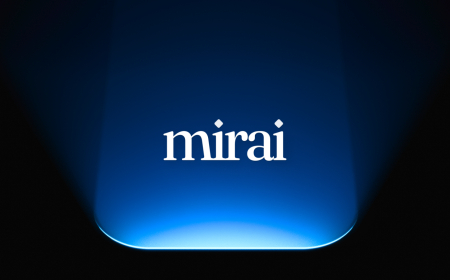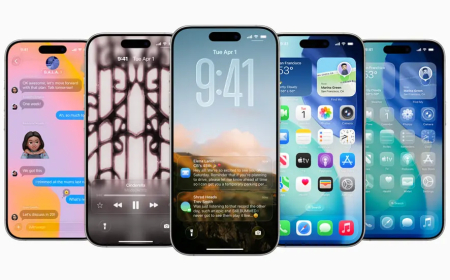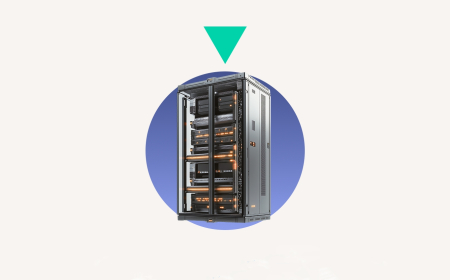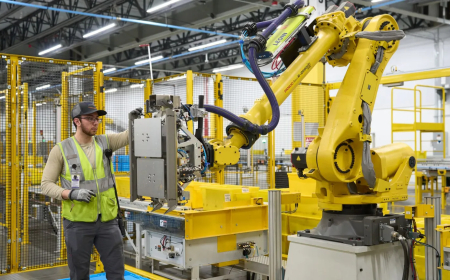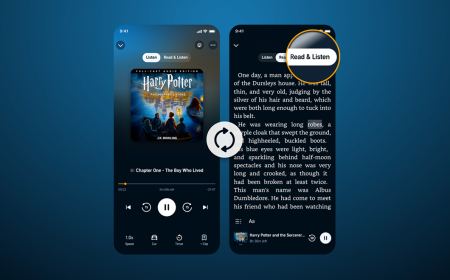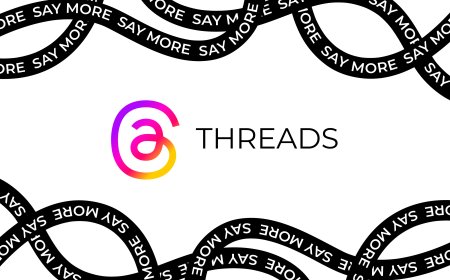YC-backed Poly relaunches as a cloud-hosted file storage with AI search
YC-backed Poly returns with a new AI-powered cloud storage platform, offering 100GB free and advanced natural language search across all file types.

One of the most common ways people are using new AI models today is to search across documents and files quickly using natural language. While several platforms now let users connect different services for unified search, a startup called Poly is taking a different route — inviting users to store everything in one place so they can search and query their files directly. To support this, Poly is launching with 100GB of free storage for new users.
This marks the company’s second chapter.
Poly was initially founded in 2022 by Abhay Agarwal and Sam Young (who has since left the company) as a tool that allowed users to generate 3D assets using AI prompts after going through Y Combinator. Agarwal — who is also a research fellow at Microsoft and has worked on vision-AI projects for people with visual impairments — said the team did not anticipate the explosion in AI image and asset generation, nor the rapid influx of competitors backed by significant funding. As a result, the company decided to pivot.
“We interviewed our users and asked about the workflow problems they wanted solved with AI. One theme kept coming up — organizing files,” Agarwal said. “People have huge amounts of content scattered across devices, and finding anything has become difficult. We wanted to solve that.”
Poly shut down its earlier product in 2023, went into stealth, and spent the past year building a new AI-powered cloud file system.
The company is now opening the platform to the public after running a closed beta for several months. Poly is available on the web and on Mac, with a Windows version coming soon. Users on the waitlist will begin receiving access from today.
Poly has raised $8 million in seed funding led by Felicis, with participation from Bloomberg Beta, NextView, Figma Ventures, AI Grant, and Wing Ventures — including the earlier $3.9 million it raised in 2022.
“File systems are powerful but often forgotten. Poly puts them back at the center and uses AI to help people think more clearly,” said James Cham, partner at Bloomberg Beta.
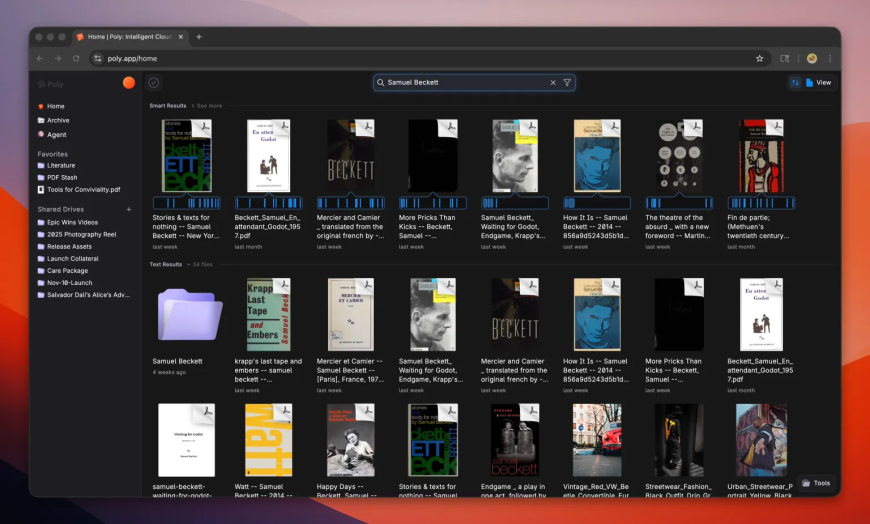
A cloud storage tool enhanced with AI
Poly functions as a cloud-based file organizer with an AI search layer on top. It supports text files, PDFs, Office documents, images, audio, video, and even URLs. Users can upload files, apply tags, ask questions about their content, generate summaries or translations, or let the AI automatically organize their folder structure.
Agarwal compares Poly to Google’s NotebookLM — a place where users drop files into a project, ask questions, and extract insights. However, unlike NotebookLM, Poly does not currently fetch live web data or create audio/video summaries.
In the next few months, Poly plans to roll out additional features, including:
• Web search
• Tools for building stylized reports
• A text and markdown editor
• Custom metadata options
• Support for analyzing spreadsheets through AI agents
• The ability to paste Google Docs links directly
The startup also supports shared drives for collaborative projects, and plans to introduce file- and folder-level sharing soon.
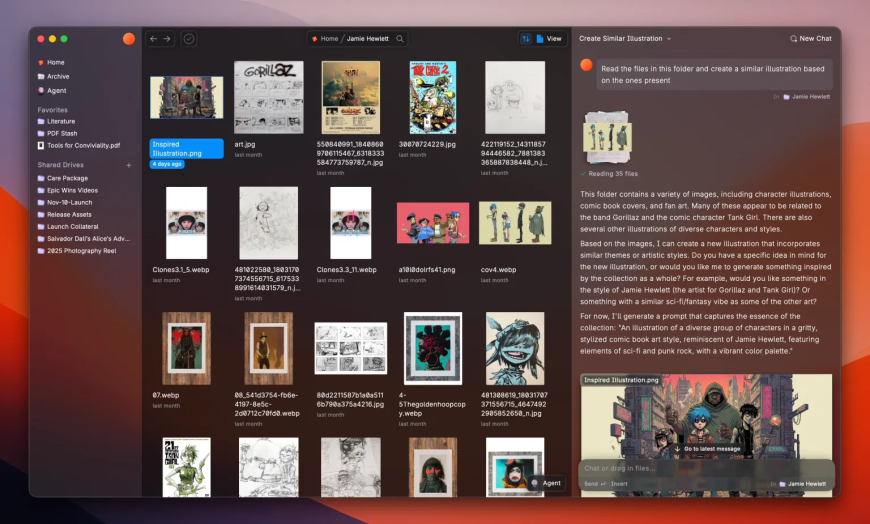
Competing with Dropbox and Google Drive
Poly enters a market dominated by primary cloud storage services, but early users report that Poly’s AI-based search performs better than Google’s native search tools. Another helpful feature is the ability to paste a YouTube link and instantly generate a summary.
One standout advantage is storage capacity:
• 100GB for free users
• $10/month for 1TB
Photo sync is not available yet, but the company says that if it expands into that category, Poly could become a strong alternative to Google Photos.
Agarwal said users in the beta have treated Poly mainly as working storage.
“Our focus is on AI-native creators and knowledge workers — people dealing with research, large file sets, and content they need to analyze,” he explained. “For example, customer-service teams reviewing call transcripts.”
Poly currently offers an MCP (Model Context Protocol) server, allowing the platform to be used directly within apps like ChatGPT or Cursor. And while the platform does not yet sync directly with third-party tools, Agarwal says Poly’s virtual file referencing system will eventually support importing from external services.
What's Your Reaction?
 Like
0
Like
0
 Dislike
0
Dislike
0
 Love
0
Love
0
 Funny
0
Funny
0
 Angry
0
Angry
0
 Sad
0
Sad
0
 Wow
0
Wow
0



